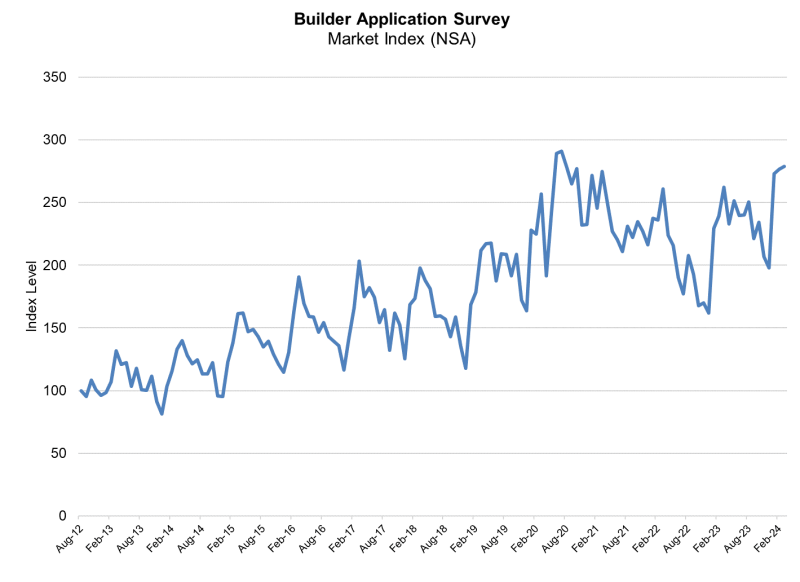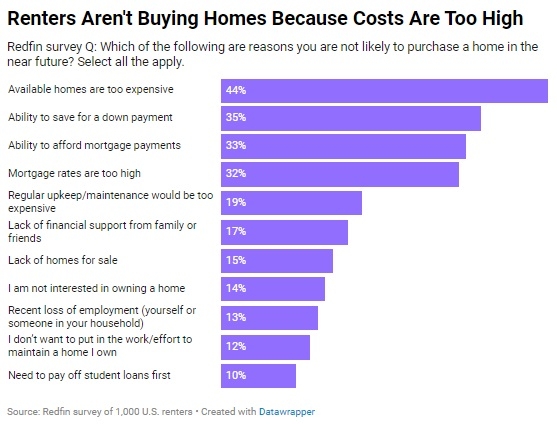Advertisement
Taking ownership of your future career success
The Telephone Doctor: Emotional leakageNancy Friedmannegative emotion, co-workers, customers, professional composure
Getting mad at Peter and taking it out on
Paul
We've all seen it happen: A co-worker comes into work storming
angry, with his mouth turned down in a frown. He walks through the
office without saying hello to anyone, sits down at his desk,
starts barking orders to his co-workers and doesn't come out of his
office. And when his phone rings, he picks it up and bellows out,
"Yeah?" That's sad, isn't it? Something must have happened before
he got to work, and he carried it right inside the building.
Telephone Doctor calls this "emotional leakage," and we cure it all
the time.
Hey, it's no fun to get up on the wrong side of the bed in the
morning. And it's sure not fun to get a flat tire on the way to
work or to argue with someone before breakfast. It's unfortunate
that some people aren't able to shake it off and move on about
their business. Emotional leakage is getting mad at Peter and
taking it out on Paul. It's not right, fair or fun. It's taking a
negative emotion out on someone who wasn't involved. How rude can
you get?
If emotionally leaking on co-workers certainly isn't fair, then
emotionally leaking on customers is even worse. The customer or
co-worker, in most cases, wasn't involved in whatever put you in a
bad mood, so why take it out on him? Few things are more unfair and
damaging to a relationship than emotionally leaking a negative
experience on someone who wasn't involved. And yet, unfortunately,
it happens every day, be it at home, in the office, on the streets
or in the stores. That's sad, isn't it?
While shopping the other day, the person helping me was
obviously not in a good mood at all. In fact, I think if she had
smiled, her face would have cracked. She gave me one-word answers
and kept turning her head to see who was coming or going. Normally,
I walk out on that type of service. It's just not worth my time to
be treated like that. But this time, I was in a hurry and needed
the product. So, I did something I don't normally do. I asked her
if everything was all right. Was she OK? I tried to make it sound
as though I was interested (even though I wasn't). But I sure
didn't want her negative emotions leaking on me any longer.
With a big sigh and a sad face, she told me that she and her
boyfriend had had a big fight the night before and she was hoping
he'd come by and apologize. "Excuse me," I said, "was I with you?"
Believe it or not, she smiled and said, "Of course not." Then I
nicely told her, "If I wasn't there, then I don't want to be part
of that argument."
She started to apologize, as well she should have. Then I
thought about a vase I had once. I dropped it. It broke into
several pieces. My husband, Dick, and I talked about whether we
should take it somewhere and have a professional put it back
together. Dick said, "We can do that if you'd like, but it will
never be the same. You'll always feel the cracks."
And so it is with our co-workers and customers. You can be in a
bad mood, be it because of an argument, a flat tire or breaking
your favorite item, and you can apologize. But people will still
remember how you treated them and made them feel, and they will for
a long time. So, how do we cure emotional leakage? It's a quick,
four-step process. Stop what you're doing. Take a deep breath. Put
on a phony smile (yes, you can). Regain your professional
composure. Then, talk with the person, be it in person or on the
phone. Emotionally leaking on someone is never right.
And, of course, there are times when we'll get emotionally
leaked on by others. Think how you feel when that happens to you,
and then remember to never emotionally leak on others.
Nancy Friedman is president of Telephone Doctor Customer
Service Training in St. Louis. For more information, call (314)
291-1012.
About the author





